I have seen lightbulb moments occur when a client comprehends that their team is behaving like a group. The Googled definitions may be clear cut (the one below sums it up quite nicely) but when it comes specifically to teams, I visualise a slider bar; Group (individual focus) at one end and Team (collective focus) at the other. Anything can move that slider bar from Team down to Group; the culture, the level of leadership, trust, conflict or even a recession. If a team find themselves continually sliding towards the group end of the continuum, then it could be a sign to get help.
As a coach, I work with both teams and groups, with each having a distinct purpose:
Group Coaching
Group coaching is a small group of people meeting regularly together, for the purpose of learning, reflection, developing new skills and capacities. Individuals learn through exchange and interaction with each other.
- The coaching is fundamentally focused at the individual level
- The group becomes part of the coaching resource
- The group has a common thread
Advantages:
- The development of flexibility and options, through peoples differing views and approaches
- Develops a more natural way for peers to question and challenge each other
- Learning is amplified as everyone brings different skills and experiences to the table
- A safe environment to engage with and discuss real work issues
- Repeated reflection builds on previous learning and helps peers understand each other's styles, strengths and weaknesses
Examples:
- Senior leaders wish to discuss issues about their individual teams
- Architects meet to support and discuss common career challenges
- New starters meet peers and share challenges within a new culture
Team Coaching
Teams tend to meet more often than a group and the focus, especially in leadership teams, can be in a broader organisational context. Here, the sum is greater than its parts. Teams are often caught up in the 'task' and need help to reflect on how they are functioning and operating.
- The coaching is fundamentally focused on the collective purpose, performance and process
- Focus can be in a broader organisational context
- Learning goals are shared
Advantages:
- Alignment in vision, mission, strategy, values and core purpose
- The team develop an understanding of the group dynamics
- The team is enabled to question and validate their own assumptions
- Manage conflict and improve communication across the team and external stakeholders
- Promote collective learning and accountability
Examples:
- A senior management team wish to jointly transform the company culture
- A project team wants to develop resiliency ahead of challenging times
- A new team want to gain insight into their collective and individual strengths
- An established team needs to address conflict and communication issues
"Not Finance. Not strategy. Not technology. It is teamwork that remains the ultimate competitive advantage, both because it is so powerful and so rare." - Patrick Lencione
If you would like to find out more about group or team coaching then please get in touch, I'd be delighted to talk to you.
Credits/further reading: Leadership Team Coaching, Peter Hawkins, 2nd Ed 2014; Group and Team Coaching: The Essential Guide, Christine Thornton, 2010



